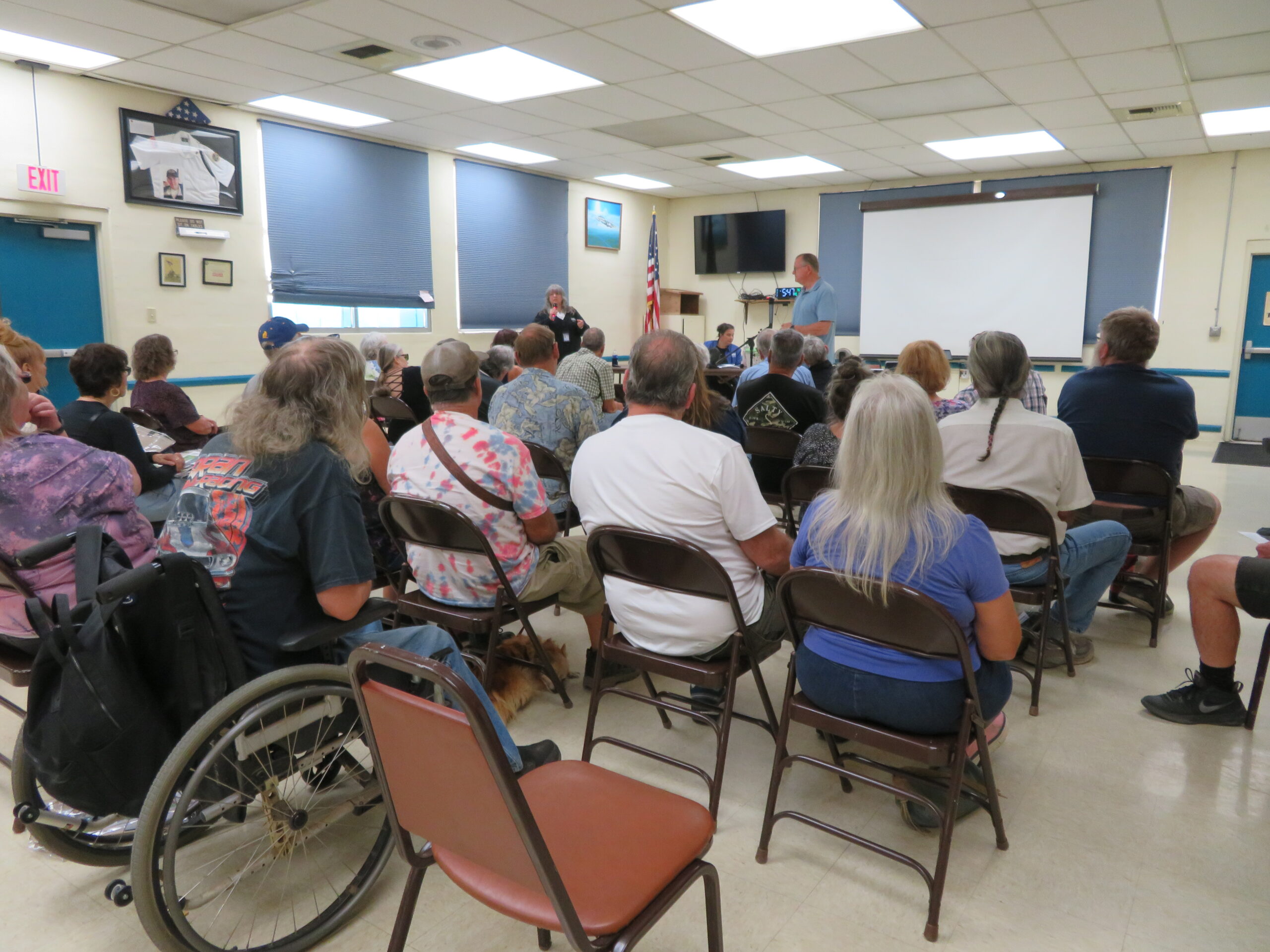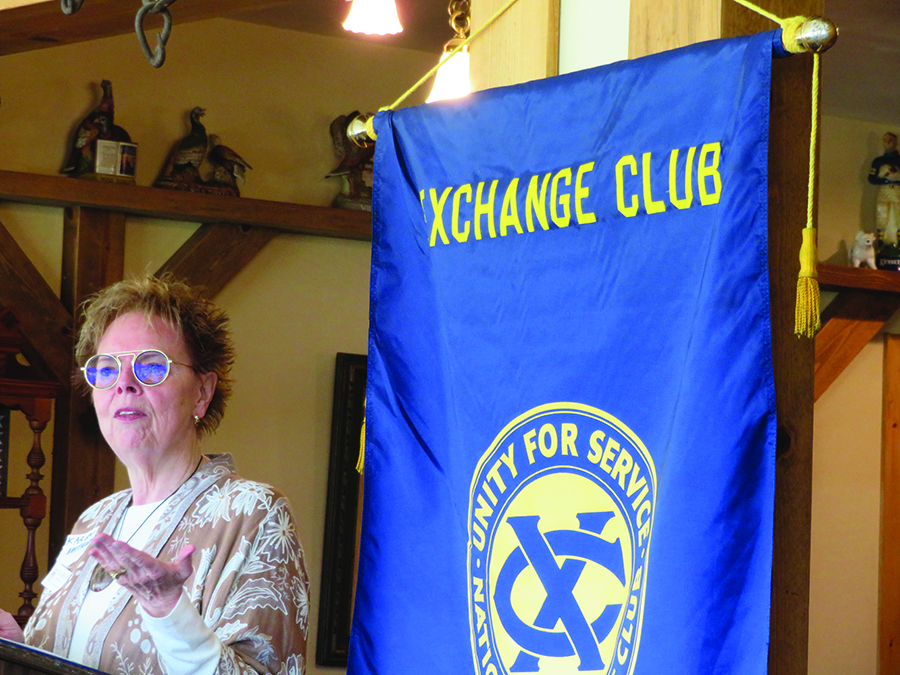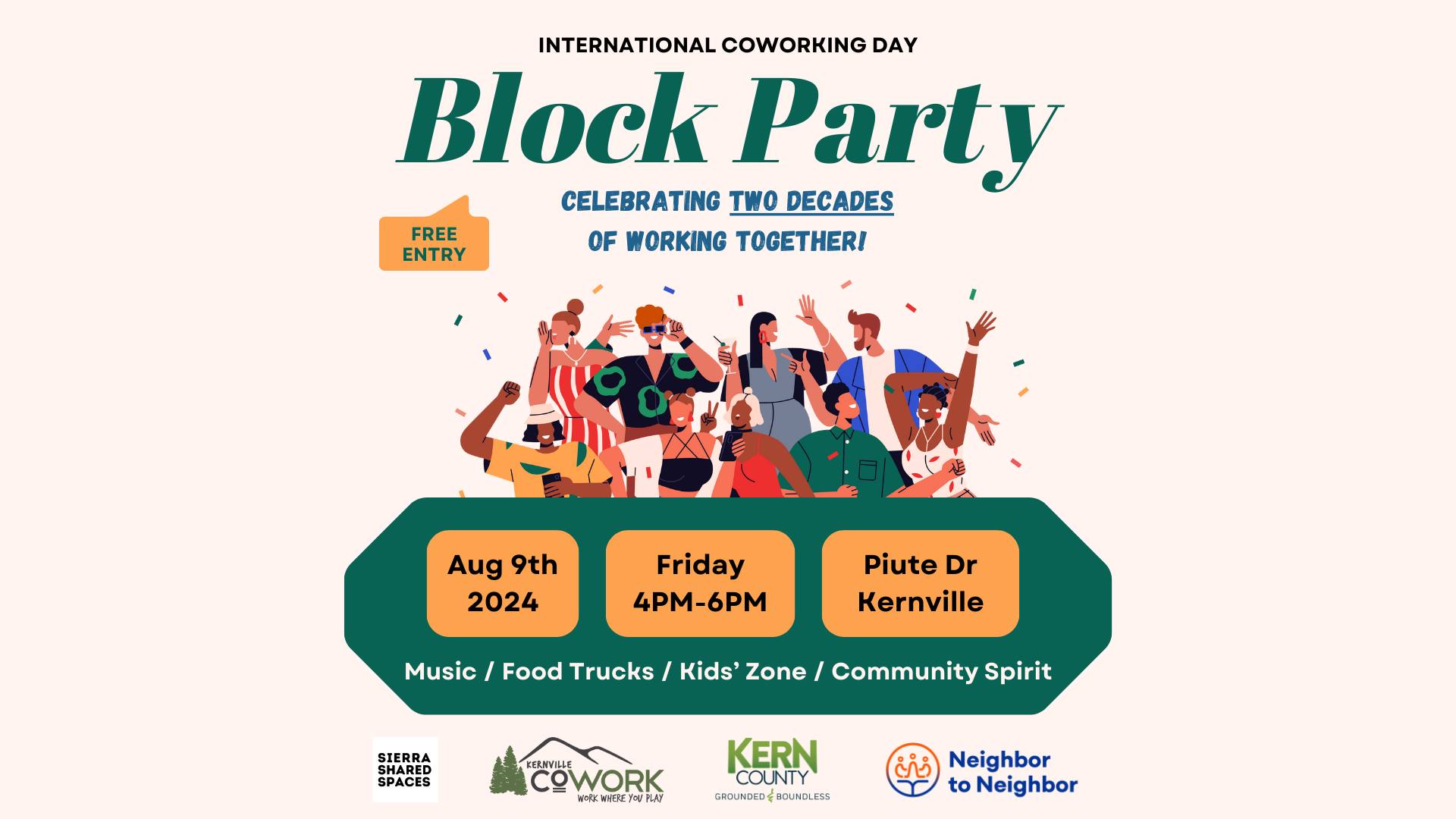Photo by Catherine Stachowiak
Kern County Public Works Department held a meeting Wednesday, October 9, at the Kern River Valley Senior Center.
The meeting was to instruct the public about sorting trash and hauling it, because residents in the area impacted, that mostly included Lake Isabella, protested the dreaded Trash Tax, which would have raised their taxes.
Lisa Shreder, assistant director of solid waste at Kern County Public Works ran the public information meeting. “We’re just here to give you some information.” she said, “Were here again to talk about solid waste proposals.”
She reminded the public that the county presented plans for the implementation of SB 1383. During 2023 they had public hearings in May and December for 14 new implementation collection areas, and would have taxed the public $559.88 per year.
There were several that successfully protested from Prop 218 and the county cannot put the service or tax on the taxpayers’ tax roll in those areas. The areas include Kern Valley, Boron, Mojave, Frazier Park and McFarland.
The areas unsuccessful in Prop 218 protests were Ridgecrest, Rosamond, outer Taft, outer Metropolitan Bakersfield, Arvin, Delano, Shafter and then the Northwest Metro.
Shreder said that the County has no right to tax the areas that were successful in the protest prop.
Cal Recycle reported to the Public Works that, as of last month, Kern County is the only jurisdiction that has had any success in the Prop 218 protest.
“What we have proposed with Cal Recycle is self-Hauling, which means you’ll be required to segregate your trash. If you currently use a franchise hauler you can continue to do so,” she said. “But you will not be provided additional carts. However you cannot place any organic waste in that brown trash can.”
Residents need to self haul all recyclables or any organic (food) waste including cardboard boxes. Haulers will occasionally check carts to see if any slipped wrong items slipped in, and will put a red tag on the cart, warning the resident.
Residents not using the hauler you’ll need to bring their trash to the facility and separate it there. What are the formal requirements for self haul? Using a county facility, which would be either a transfer station or diversionary-to-landfill. Trash must be disposed of weekly or bi monthly. Those items must be separated into categories for recyclables and organic waste materials. Residents will not be required to report volumes, like businesses would be. Trash Items, Recycling, and Green Waste are all separated.
“We’re also going to offer optional backyard composting,” Shreder said. The county plans to provide, for those interested, composting bins at no charge to the public. Compost will be used for the resident’s own purposes and will not be collected.
The county is interested in which kinds of bins the public might prefer. “We’re open for other ideas on that,” she said.
The team brought a video presentation about composting for the public to view however it would not play so Shreder said to go to the Kern Public Works.com where you can see the video on their website. The video eventually played for the audience. The video stated that the state law SB 1383 was enacted to reduce methane gas emitted by decomposing organic waste in land fills.
The law requires recycling as much organic waste as possible. One way is to create a backyard compost. The video instructed the public how to do it and what it can be used for. The idea is to reduce green house gasses, the video said, “positively impacting climate change.” The compost is to use in one’s garden, making ones yard “more beautiful” according to the video. Also the video did not explain why using the compost in ones yard would reduce the green house gasses, while it claimed that leaving it in landfills would not reduce the green house gasses. It also never addressed the idea that wild animals might be attracted to compost.
The video was funded by a grant from the Department of Resources Recycling and Recovery.
There will be no charge for solid waste collection on ones tax bill. However the Land Use Fee is $179.72 per year and will remain on the property tax bills of those who managed to succeed in the protest. The money funds solid waste facilities, programs and infrastructure and would continue to increase, by consumer price index, for the next three years, before another Prop 218 goes on the ballot.
Mike Thomas, owner of Thomas Refuse announced to the crowd, “Through our agreement we can offer additional waste services and carts for you.” He said they can pick up recyclables and 1383 green carts for the consumers however he could not quote the price to customers that night. They would only do it in the Lake Isabella area where these mandates are occurring.
One neighbor was looking for a more common sense solution like closer drop off spots.
Shreder condescendingly stated, “You guys asked for self-haul. So we’re trying to comply with what you guys were asking for.”
Another local, hit with all these regulations on their own trash, complained about the inconvenience of the entire process. Telling the crowd that the County in February received a grant for $793,965 and Bakersfield received over a million. The Supervisors granted the oil drillers a 64% tax cut. He suggested the oil drillers could pay that tax rather than households paying for the trash tax. He said locals would be paying for more gasoline and for the trash dumping costs to self-haul. When the bill passed his neighborhood was not even in the census tract the bill covered. He doesn’t have a vehicle for hauling items either.
Shreder said that the state required that tracts with that many persons had to meet those requirements.
Another resident countered the complaining saying that composting would be saving almost $600 annually and people should stop complaining, and be grateful because composting would be an easy effort. “This is not as bad as I imagined. We’ve always had compost piles,” he said. “We hire people to go to the dump. Or we get a burn permit.”
Shreder said that the county plans on distributing the new composting bins by April 1, 2025. The land use fee went up just under $10. The Solid Waste charges have been fees since 1997.
Another neighbor said, “Whether it’s decomposing in the land fill or decomposing in my compost bin, it’s still decomposing. So what are we solving? And then we’re being told left and right just bring it to the transfer station. So we’re going to burn gas, which is bad for the green New Deal to bring it to the transfer station.” He was hoping for a closer drop off location for trash.
Shreder claimed that the county can’t just set a bin out anywhere or it has to be permitted.
And this, all in the land of liberty.





